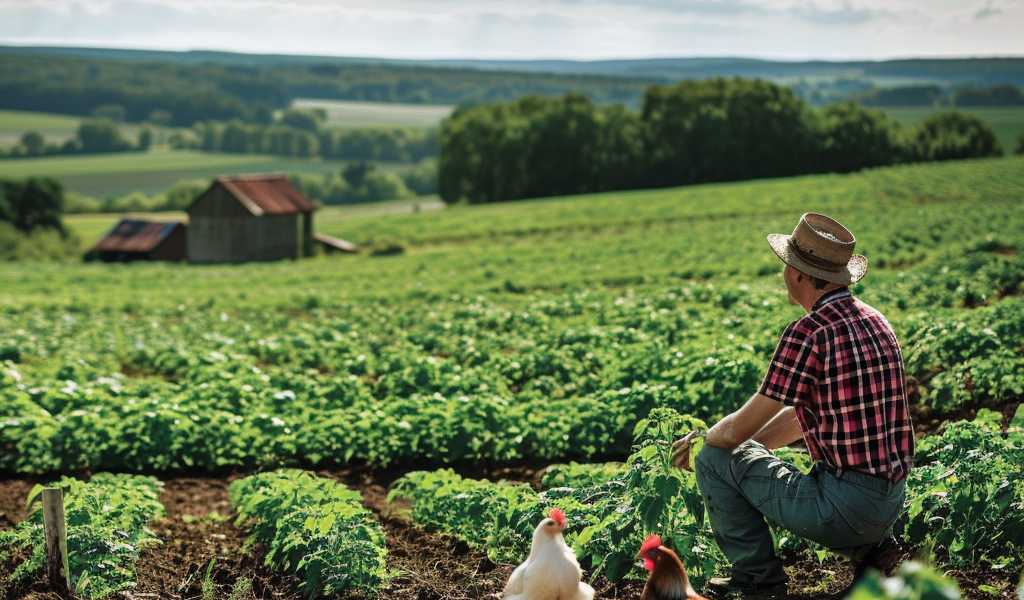Poland has announced a significant extension regarding the use of genetically modified organisms (GMO) in animal feed, allowing Polish farmers to continue utilizing imported GMO crops, including soya, for an additional five years. This decision comes in response to concerns from the agricultural sector about the potential economic impact of a ban initially set to take effect in January 2025.
President Andrzej Duda recently signed legislation that delays the ban on GMO animal fodder until 2030. This postponement marks a shift in Poland’s agricultural policy, aligning it more closely with the European Union’s evolving stance on genetically modified products.
The legislative move, which was approved by parliament in September, reflects the Ministry of Agriculture’s recognition of the challenges faced by the animal-feed industry. Industry advocates argued that a ban would lead to increased agricultural prices in Poland, jeopardizing the competitiveness of Polish farmers.
Poland is a prominent player in the European agricultural landscape, being the largest poultry exporter in the EU and the fourth-largest importer of feed that contains GMO soya. The primary sources of these imports are Brazil, Argentina, and Ukraine, which supply a significant portion of the GMO feed used in Polish agriculture.
The agriculture ministry emphasized that the continuation of GMO feed is crucial for maintaining lower domestic product prices compared to other EU nations. This pricing advantage is seen as vital for sustaining Poland’s strong position in the agricultural market.
The decision to extend the use of GMO animal fodder comes at a time when the EU has adopted a more lenient approach towards genetically modified products. In January, the EU’s regulations regarding GMO legislation were relaxed, prompting member states, including Poland, to reconsider their own policies.
This legislative change is expected to have profound implications for the Polish agricultural sector, particularly for poultry producers who rely heavily on GMO feed to maintain production levels and keep costs competitive.
As Poland navigates this complex landscape, the balance between agricultural innovation and consumer safety continues to be a pivotal issue in the ongoing debate over genetically modified organisms in food production.
In related news, Polish poultry has recently regained access to the Japanese market after a four-year ban related to bird flu, further highlighting the nation’s agricultural resilience and adaptability in the face of global challenges.
As the situation evolves, stakeholders in the agricultural sector will be closely monitoring the impacts of this legislation on both local farmers and the broader European market dynamics.





